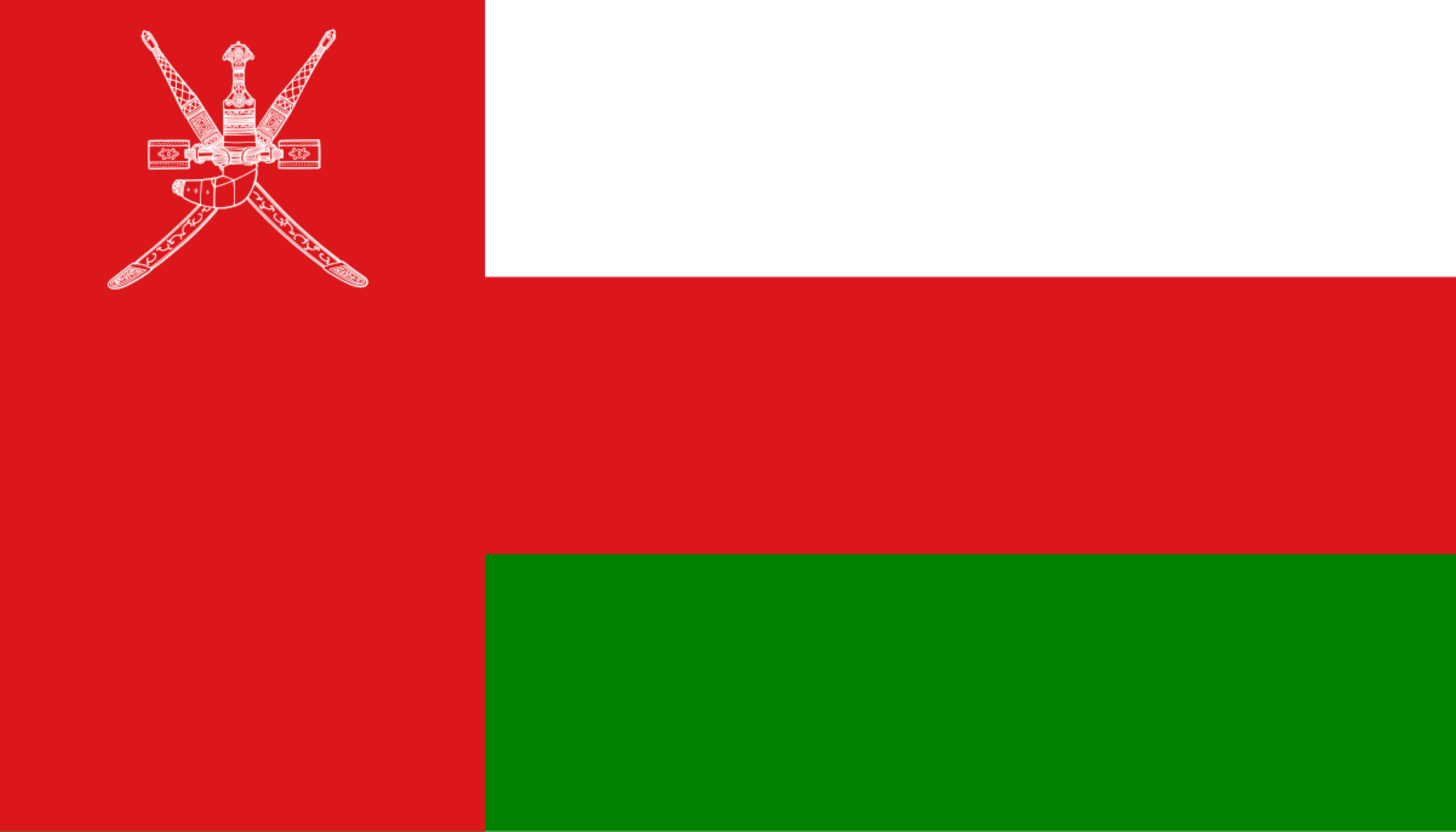
Known officially as the Sultanate of Oman, Oman is a country located on the southeastern coast of the Arabian Peninsula in West Asia/the Middle East. It shares borders with Saudi Arabia, the United Arab Emirates, and Yemen, along with coastlines facing the Arabian Sea and the Gulf of Oman. The country is known for its rich history, diverse landscapes, hospitality, traditional architecture (like forts and souqs), and a cultural heritage that includes maritime history, poetry, and Islamic scholarship. It is also the only country in the world whose name starts with 'O'.
Muscat is the capital of Oman and its largest city. situated between the Arabian Sea and the rocky Western Al Hajar Mountains, Muscat is a coastal city, possessing a blend of traditional Islamic and modern styles. The city is known for white-washed buildings and a lack of skyscrapers; preserving its historical charm, plus key landmarks such as the Sultan Qaboos Grand Mosque, the Royal Opera House Muscat, Muttrah Souq (a historic market offering spices, textiles, jewellery, and handicrafts), and the 16th-century Portuguese forts guarding Muscat’s harbour: Al Jalali and Al Mirani.
Tropical cyclones, flash floods, sandstorms, droughts, extreme heat, earthquakes, landslides and tsunamis.
For traffic violations;
Oman has a 'Black points' system where points are added to the driver's licence for a traffic offence. If a driver exceeds 12 points, it can lead to licence suspension (even confiscation or cancellation if done consecutively). And for other offences;
If you have unpaid fines, you may be prevented from leaving the country until cleared. There are also laws around insulting religion, spreading rumours, false allegations, damaging wildlife, disturbing villages, etc. Even photographing certain government/government‑military areas may be restricted. Penalties vary from fines to imprisonment, depending on severity. Insulting religion or to God can lead to several years in prison.
The official languages of Oman is Arabic, but English, Baluchi, Urdu, Bengali, Hindi and Malayalam are also spoken.
Vehicles drive on the right‑hand side of the road. The minimum driving age is 18 years, but 21 for renting (25 for some companies like Enterprise). Some rental companies may apply a underage driver fee to those under the age of 25. UK drivers may need an International Driving Permit (IDP) in Oman, though drivers can still use a UK photocard licence for the first 6 weeks, but it is strongly recommended to get an IDP for rental companies and the police.
Major roads are generally good quality and well‑maintained, but mountainous routes, wadis, and remote areas may have steep, winding, unpaved, or dirt roads. Flash floods can occur, especially in wadis after rain, making roads dangerous or impassable. So, be careful. Ensure your vehicle is in good condition, especially tyres, brakes, spare tyre etc., always carry extra water, snacks, and a first‑aid kit, especially if going into remote areas, use offline maps or GPS for remote/mountain/desert areas, expect animals crossing roads outside cities, especially at dawn/dusk or in rural areas, and avoid driving at night due to unlit roads.
Petrol (M-91, M-95, 98 octane) and diesel (standard and low sulphur) are the most common in Oman. There are many fuel stations in cities, but are scarce in the countryside and mountains. Cash and card are usually accepted, but stations in remote areas may not accept card payments. Many stations have small shops (convenience stores), restrooms, and possibly a café or restaurant. But in remote areas, facilities may be more basic.
Zero tolerance; severe penalties can incur.
Mandatory for all passengers.
Children under 12 must sit at the back, while under 4s must be secured in an appropriate car seat.